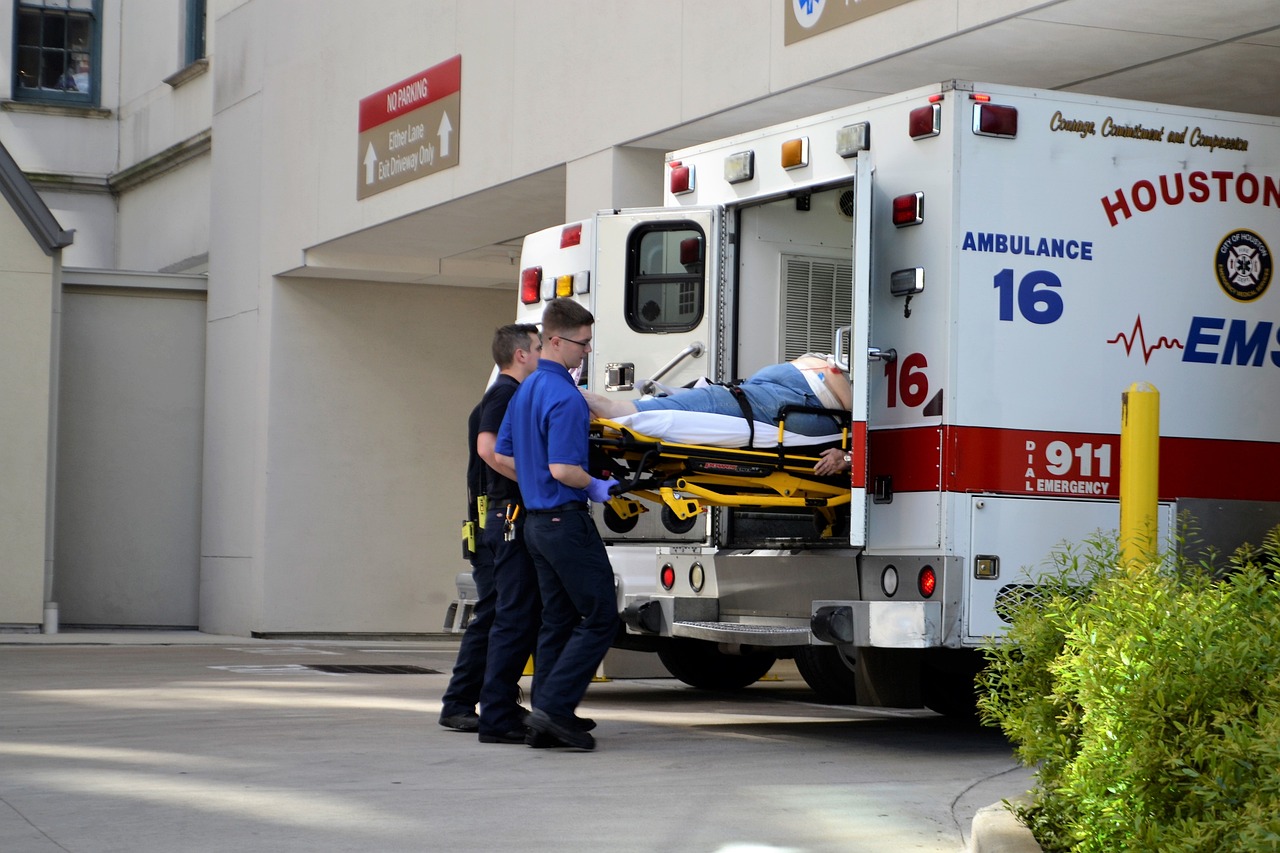Experts
One in Three Premature Infants Lags Behind in School
Infants, who are born preterm, before week 37, have an increased risk of health complications during and post birth. Since these infants have not fully developed in the womb, they could be at risk of several physical and mental issues. Many studies have researched the consequences of preterm births and found that children born prematurely are more likely to have academic problems. In a new study, researchers found that one in every three children born prematurely will lag behind in school while over a third of them will need special education.
For this study, the research team headed by Dr. David Odd from the University of Bristol's School of Clinical Sciences in the United Kingdom examined the academic levels of children born preterm. Odd, who is a Senior Clinical Lecturer and a clinician based at the Southmead Hospital NICU, looked at around 12,000 participants who were a part of the Bristol's Children of the 90s study.
The researchers found that around one in six infants born early started school a year earlier than they would have if they were born on time. For example, if the school year starts in September, children who are born prematurely in August but would have been born after the school's start date would have to start school earlier. The researchers believe that starting school early might explain why premature children tended to score lower on the Key Stage 1 (KS1) test. The researchers found that KS1 scores gradually declined for children who were born prematurely.
"Our research indicates that children who were born prematurely are at higher risk of poor school performance and in greater need of additional educational support at primary school. Some of the social and educational difficulties these children face may be avoidable by recognizing the impact that their date of birth has on when they start school," Odd explained.
The researchers and experts stated that this study is important because it reiterates the fact that not enough care is given to premature children once they survive and leave the hospital. Due to the fact that premature babies might need more academic help, schools and education systems might need to be revised to prevent these children from lagging behind.
"The increase in survival rates for premature babies is a great medical success. However, the consequence of this for too many infants is that their educational needs are not being addressed adequately, including the age at which they start formal school education. Education experts must look at these data and argue for a change in policy so that the school entry age for children born prematurely is based on their expected due date rather than their premature date of birth," commented Professor Sir Al Aynsley-Green, the former first Children's Commission for England according to Medical Xpress.
The study was published in PLOS ONE.









Join the Conversation